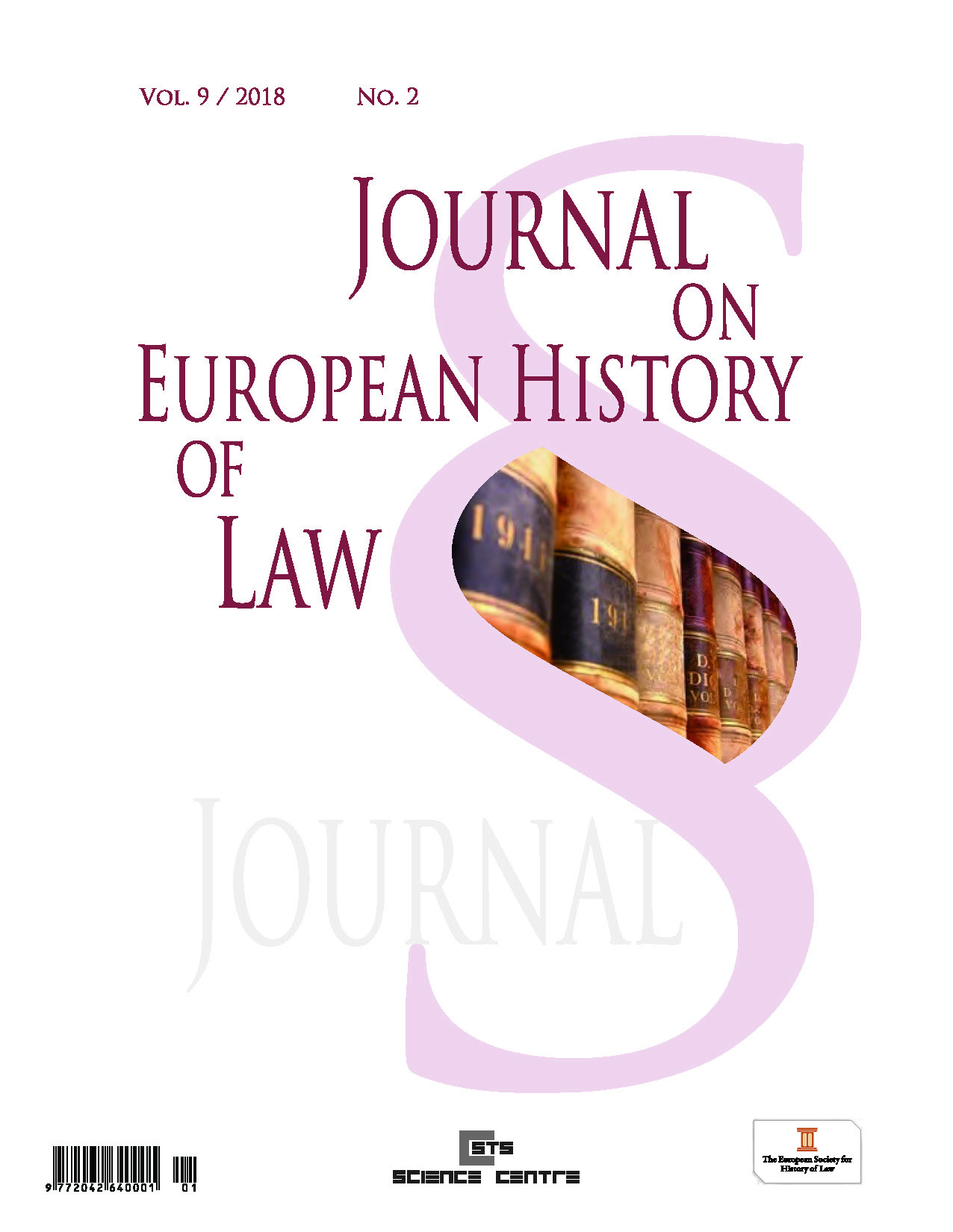The Antecedents of Civil Modernization. A Historical Example of Freedom of Religion during the Turkish Occupation in Hungary
The Antecedents of Civil Modernization. A Historical Example of Freedom of Religion during the Turkish Occupation in Hungary
Author(s): Orsolya FalusSubject(s): History, Law, Constitution, Jurisprudence, Theology and Religion, Politics and religion, History of Religion
Published by: STS Science Centre Ltd
Keywords: religious disputes; different denominations; decentralized law policy; Turkish Occupation; Dispute of Buda; Hungary;
Summary/Abstract: In the beginning of the 21th century we are regularly informed by media about different churches’ religious disputes that have led to tragic consequences. Researchers of law history, however, have the opportunity to find examples in history to follow and also to avoid in order to help nowadays’ legislators. Research roots go back to historical times when peoples of different nationalities and denominations lived together in space and time. The study seeks to find out whether the positive changes that occurred in Hungary in the second part of the nineteenth century have been catalyzed by the decentralized and religiously pragmatic legal policies of Turkish domination. A lawsuit from the Turkish Occupation, Nagyharsány, Hungary, later known as the “Dispute of Buda”, is a good example of the fact that centuries ago the Ottoman Empire had successfully implemented the Freedom of Religion as a human right in the areas they conquered and governed.
Journal: Journal on European History of Law
- Issue Year: 9/2018
- Issue No: 2
- Page Range: 236-239
- Page Count: 4
- Language: English
- Content File-PDF

